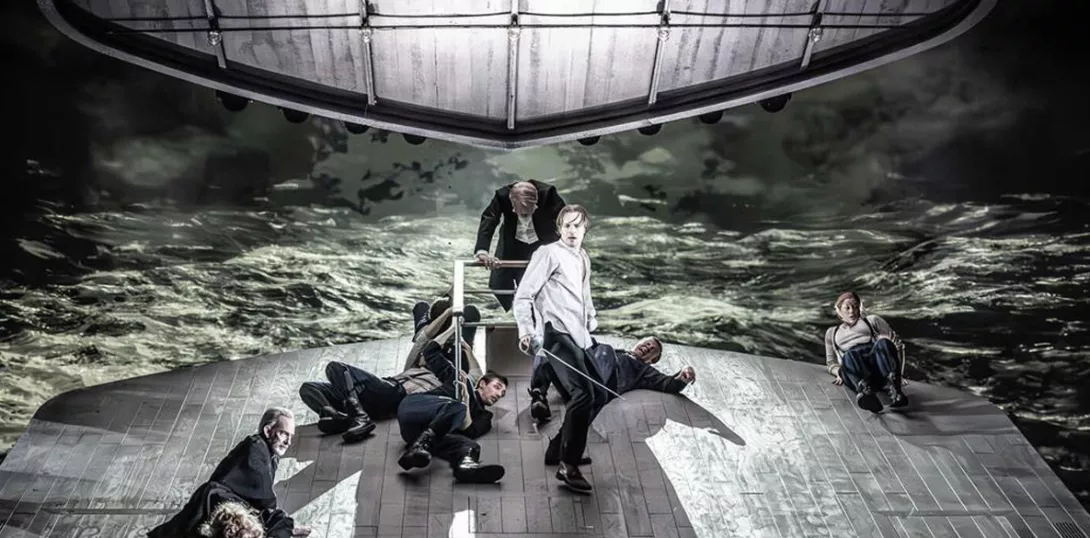GORDON PARSONS is bowled over by a skilfully stripped down and powerfully relevant production of Hamlet
Telling the truth about Orgreave
ANGUS REID speaks to Daniel Gordon about his new film Strike - an uncivil war
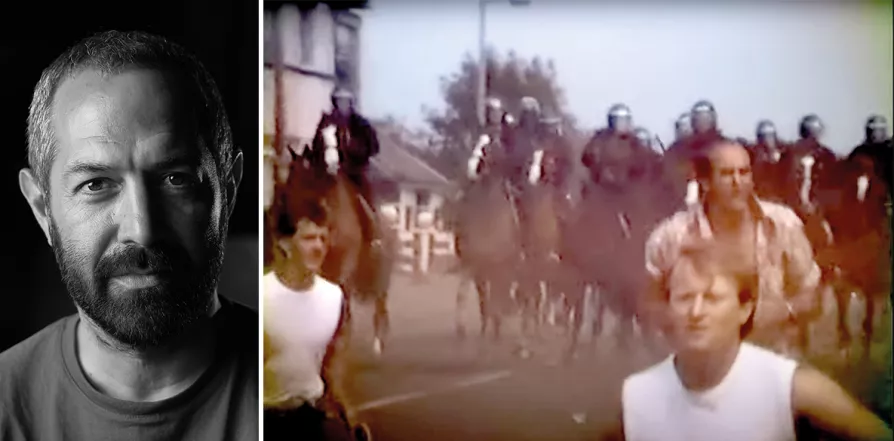
TO make a film about the events of June 18 1984 at Orgreave coking works has occupied film-maker Daniel Gordon for a decade.
More from this author
The phrase “cruel to be kind” comes from Hamlet, but Shakespeare’s Prince didn’t go in for kidnap, explosive punches, and cigarette deprivation. Tam is different.
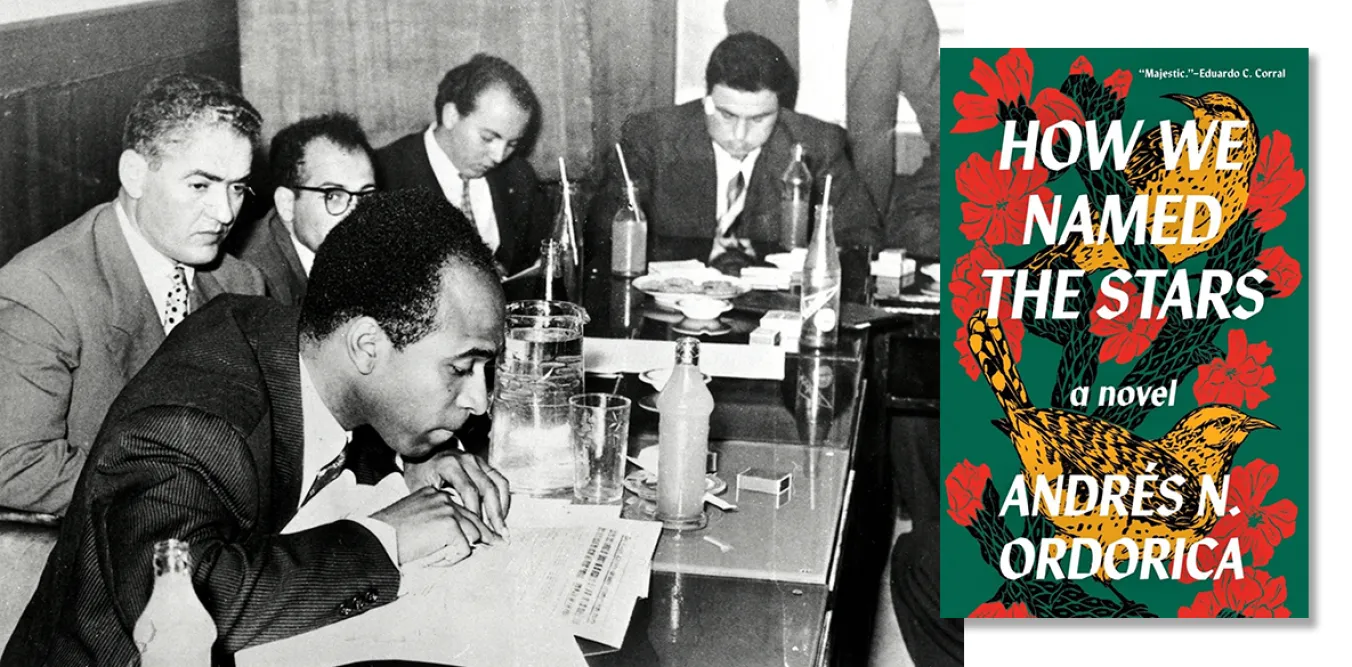
ANGUS REID deconstructs a popular contemporary novel aimed at a ‘queer’ young adult readership

A landmark work of gay ethnography, an avant-garde fusion of folk and modernity, and a chance comment in a great interview

ANGUS REID applauds the inventive stagecraft with which the Lyceum serve up Stevenson’s classic, but misses the deeper themes
Similar stories
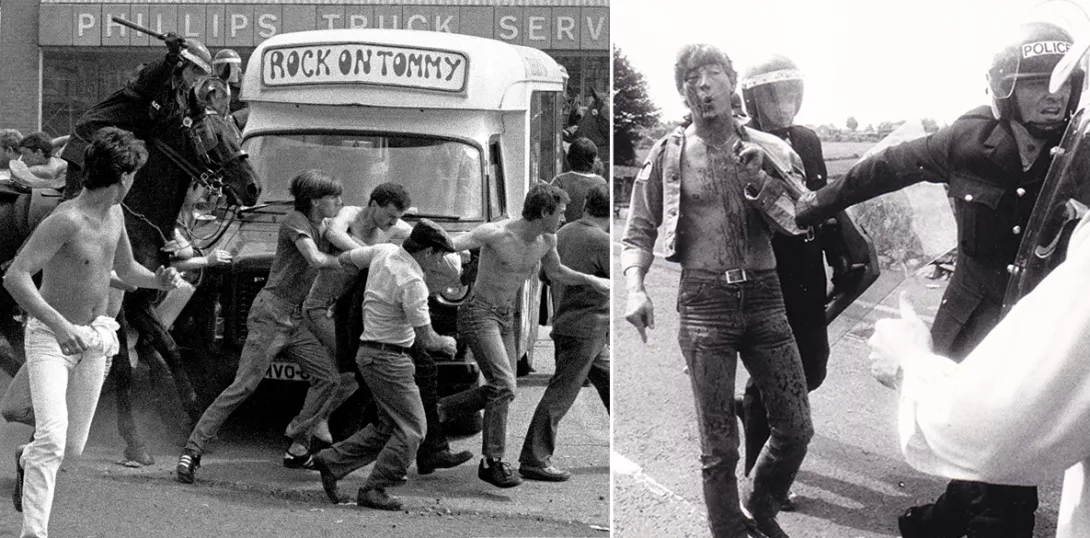
The Star's critic MARIA DUARTE recommends a compassionate and angry portrait of Orgreave that demonstrates, with evidence, the illegal agenda of the Thatcher government
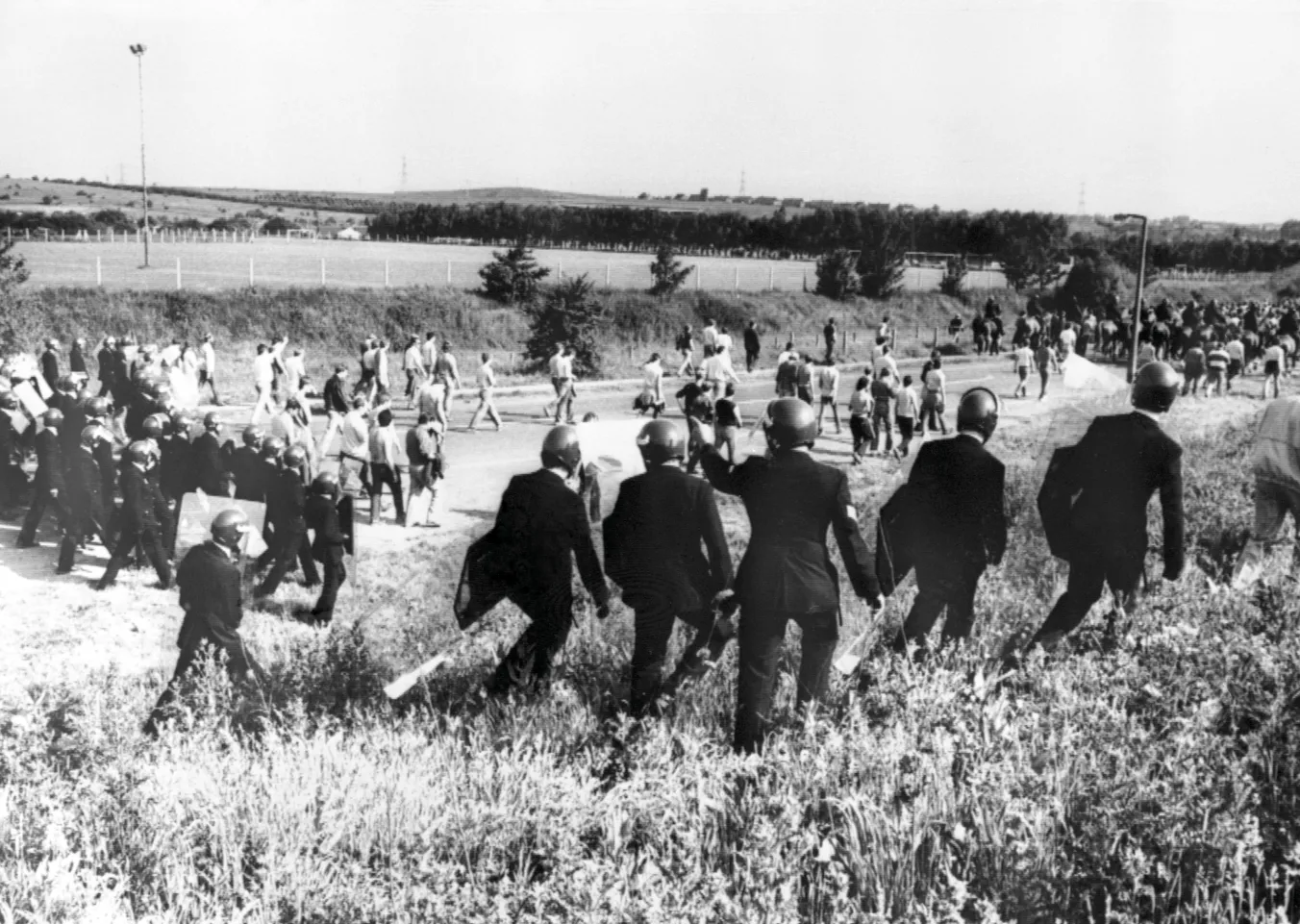
Miners battered by the police in 1984 still await justice as Labour pledges to launch a probe — but will any new inquiry pry loose the BBC’s buried footage and expose the Tory lies that framed innocents, asks CHRIS PEACE
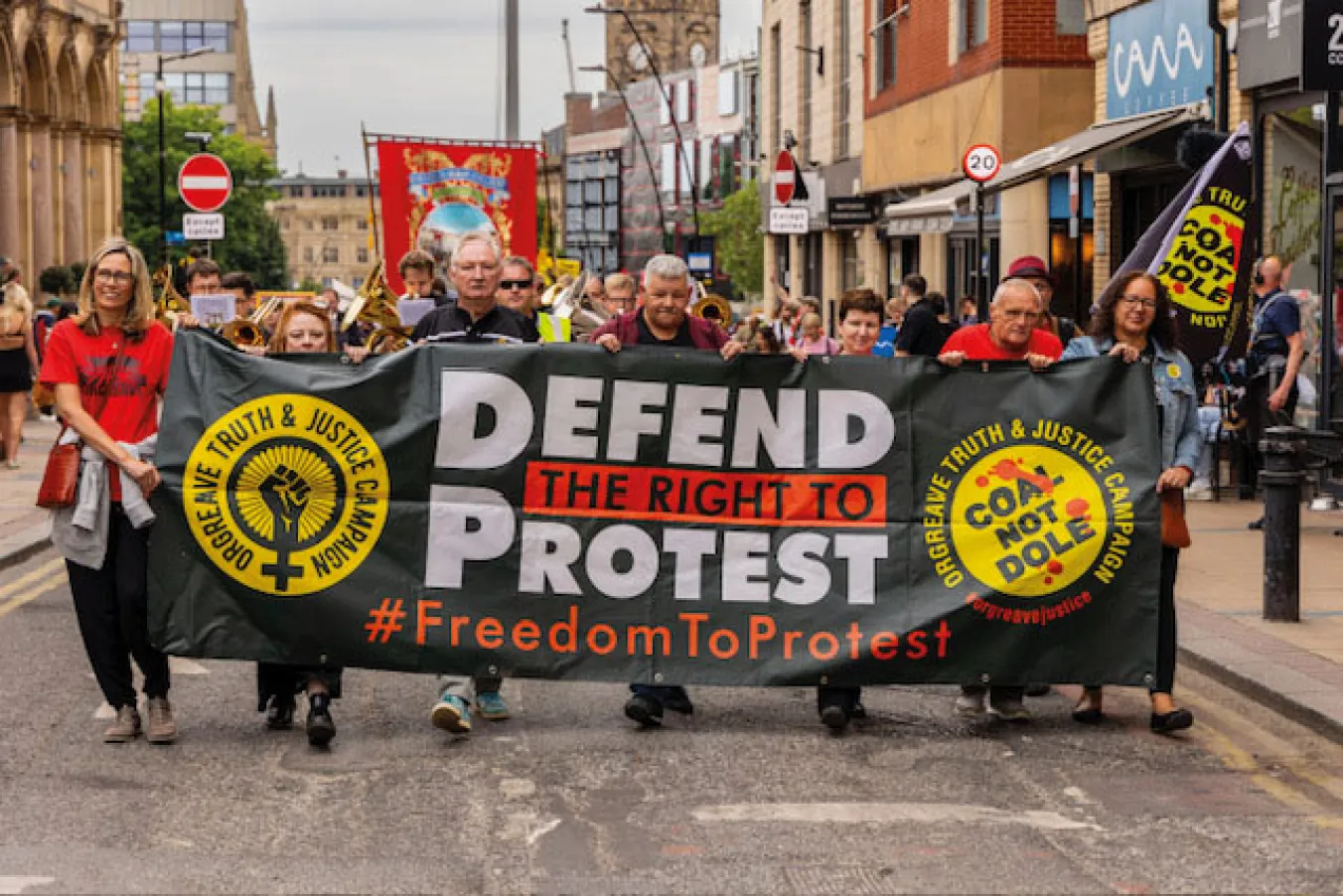
KEITH STODDART introduces a meeting that will remember the most notorious incident of the strike that changed Britain forever
The 40th anniversary of the 1984-5 miners’ strike will bring renewed demands for an inquiry into the brutal police attack on miners at Orgreave in South Yorkshire. PETER LAZENBY reports


